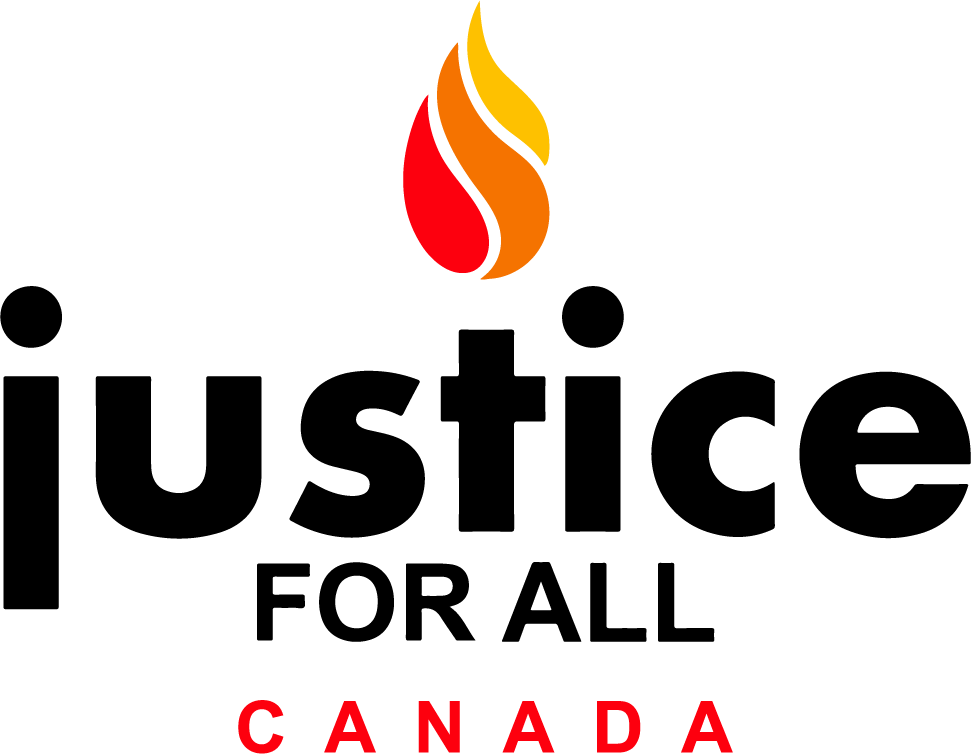Sri Lankan Muslims have faced discrimination in various forms over the years. After Covid,
The Goal of the Sri Lanka Task Force
|
Currently, Sri Lanka stands as the only country in the world which enforces mandatory cremation of COVID-19 victims as the only means of disposing of bodies, in contradiction to the guidelines set by the WHO and CDC. The WHO guideline has been adhered to by the international community of 185 countries. The mandatory cremation policy by the Sri Lankan government is a discriminatory regulation that represses and violates the religious rights of the minority Christians and Muslims.
The ostracization and discriminatory treatment of minority communities is not new to Sri Lanka. After the 30-year-old civil war with the LTTE ended in 2009, other minority groups, specifically Muslims and Christians, have become a consistent target of Sinhala-Buddhist extremists. The attacks on the Muslims and Christian minority have continued with impunity, leading to a systematic build-up of anti-Muslim hysteria with several flashpoints over the last decade. Ahmed Shaheed, Special Rapporteur on freedom of religious belief, has documented the incidents in his Mission to Sri Lanka report, presented to the Human Rights Council’s Forty-third session, February 24, 2020 – March 2020. While sidelining all scientific evidence, the Sri Lankan government has taken no initiative to communicate the reasons for its measures, but instead maintains its violation of the sacrosanct religious rights of its minority citizens.
Hatemongering, unverified accusations such as Muslim-owned businesses sterilizing Sinhala women through food and clothing, and Muslims overtaking the Sinhala population – were not just spread by the extreme Buddhist organizations like BBS but also through social media and public campaigns. The organized barrage of hostile propaganda created fear, anger, and mistrust among the Sinhala population. For the first time in Sri Lanka’s history of engagement with the UN Human Rights Council and the Office of the High Commissioner for Human Rights, High Commissioner Michelle Blanchet is recommending Sri Lanka’s referral to the International Criminal Court in The Hague, the permanent tribunal tasked with dealing with grave international crimes such as war crimes and crimes against humanity. |
